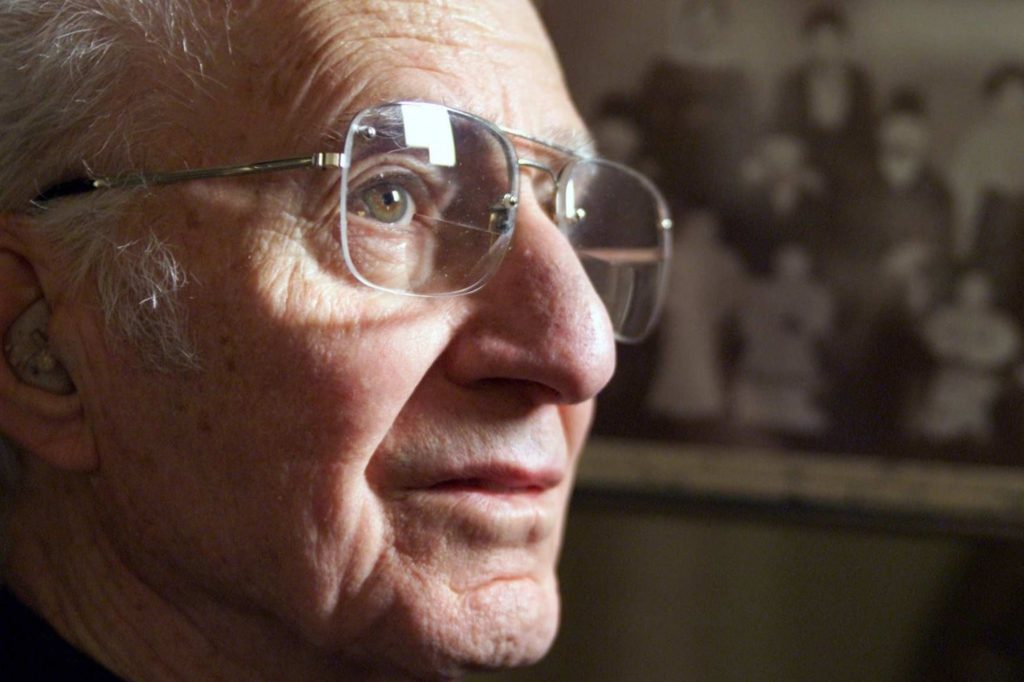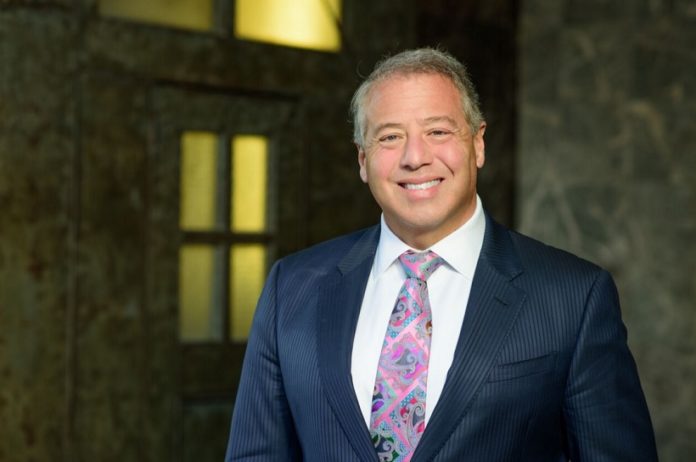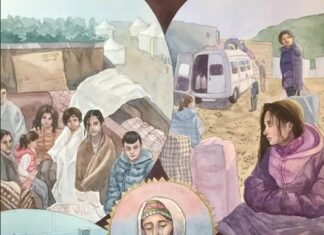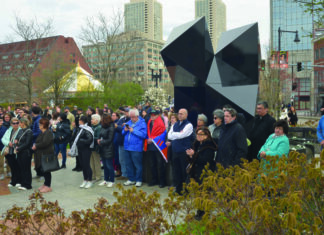LOS ANGELES – Brian Kabateck is a Southern California attorney specializing in consumer fraud who frequently appears on television and other news media. He has played an important role in lawsuits against insurance companies withholding money from heirs of victims of the Armenian Genocide and is still involved in one such current lawsuit.
Half-Armenian, and growing up on stories of the Genocide, Kabateck did not hesitate to become involved in these cases from the late 1990s. He was co-lead counsel in the first successful lawsuit against the insurance companies, Martin Marootian et al. v. New York Life Insurance Company, which was filed in 1999 and settled in 2004 for 20 million dollars, and achieved a similar settlement in Kyurkjian v. AXA, a French insurance company in 2005.

Kabateck declared that the documents he obtained in the AXA case, including historical materials, records and names of policy holders, have been given to the library at Loyola Law School in Los Angeles, along with the results of the work of the administrative boards created. Some of the insurance money from the Armenian Genocide cases went to create the Center for the Study of Law and Genocide (https://www.lls.edu/academics/centers/centerforthestudyoflawandgenocide/#) at Loyola, which focuses on remedies for victims of genocide. According to Professor Stanley Goldman, the director of the Center, the files will be eventually transferred to the University of Southern California, whose Shoah Foundation Center for Advanced Genocide Research already has the papers donated by Kabateck’s co-lead counsel Vartkes Yeghiayan.
Unfortunately, a third case, against Victoria Versicherung AG, a German insurance company, and two other German companies, ended on appeal with a defeat in 2013 which created an impasse for future Armenian Genocide insurance suits. The California legislature had passed a statute establishing California as a forum for Armenian Genocide insurance cases and extending the limitation period for these cases. This statute, often called the Poochigian bill after its main proponent, was deemed unconstitutional by the US Supreme Court in agreement with an en banc Ninth Circuit Court decision, as it supposedly interfered with federal foreign policy, which at present does not recognize the Armenian Genocide.
Kabateck commented, “I am still upset and angry that the Ninth Circuit [Court of Appeals] took away the right to sue for insurance claims, which the California legislature, I thought, validly enacted, and that we have been unable to continue to pursue those cases.” He continued, “I think [this] is a shame because there are a lot of insurance companies out there that got away scot-free without having to pay for the consequences.” He added that the Obama administration weighed in against the Armenian position through the Solicitor General of the United States and declared that the administration wanted the Poochigian statute invalidated.
Kabateck explained that a new statute is necessary to allow suing the insurance companies today but it would have to be reworded in a suitable fashion. He declared that this situation was a source of incredible frustration for him personally.










